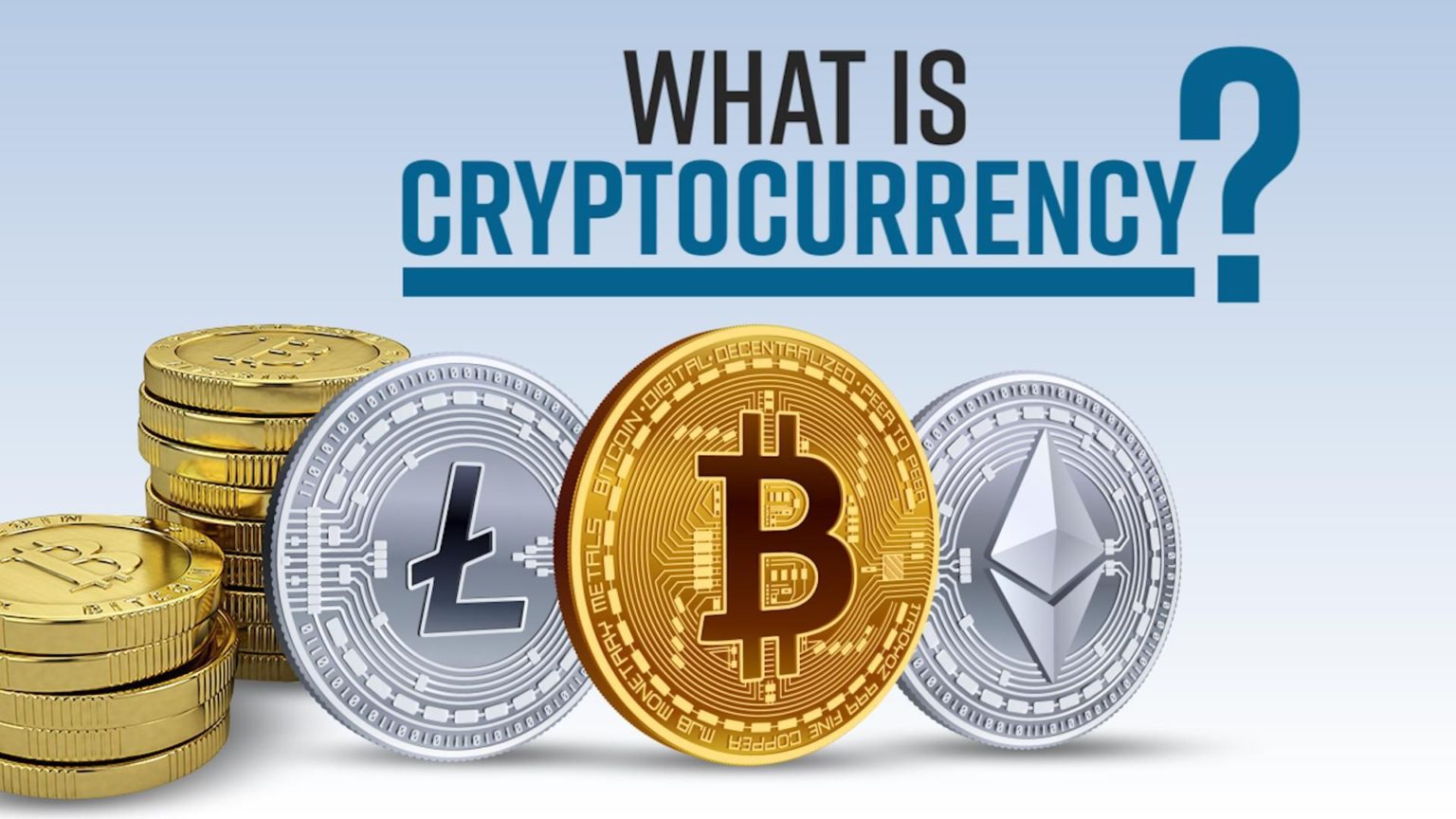All about crypto currency
Our experience with Binance for trading Cardano (ADA) has been impressive, largely due to its exceptional liquidity and range of trading options. ADA futures trading on Binance enabled us to speculate on price movements effectively Real Money Casinos. We also engaged in staking ADA on Binance, which is a relatively pretty straightforward way to earn rewards on your holdings. The platform’s comprehensive API support also made it easy for us to integrate our trading strategies with technical analysis tools. Additionally, Binance’s mobile app is indeed pretty solid for most users — new and experienced alike.
When it comes to storing your ADA coin, Cardano has its own official wallet called Daedalus. However, there have been many reports from the cryptocurrency community saying that the Daedalus wallet has many issues. This includes things such as being unable to connect to the network, sync blocks and transactions not reaching the receiver.
Another interesting highlight about Cardano is that it is the first blockchain platform based on a research-first approach and scientific philosophy. The blockchain platform has been created from scratch, followed by verification from many engineers and academic experts in cryptography and blockchain technology.
Cardano is often criticized for its slow development pace, attributed to its rigorous and evidence-based approach. While this ensures high-quality outcomes, it may delay the deployment of new features and updates.

All about crypto currencies
Regulators have increasingly signaled that cryptocurrencies should be regulated similarly to other securities, such as stocks and bonds. However, with the June 2024 Loper Bright Enterprises v. Raimondo Supreme Court ruling, that may change — Congress may have to clearly define crypto regulation through law making rather than allowing the SEC to enforce rules based on its interpretation. That could have major implications for the asset class in the future.
Many cryptocurrencies were created to facilitate work done on the blockchain they are built on. For example, Ethereum’s ether was designed to be used as payment for validating transactions and opening blocks. When the blockchain transitioned to proof-of-stake in September 2022, ether (ETH) inherited an additional duty as the blockchain’s staking mechanism. The XRP Ledger Foundation’s XRP is designed for financial institutions to facilitate transfers between different geographies.
In September 2017, China banned ICOs to cause abnormal return from cryptocurrency decreasing during announcement window. The liquidity changes by banning ICOs in China was temporarily negative while the liquidity effect became positive after news.

Regulators have increasingly signaled that cryptocurrencies should be regulated similarly to other securities, such as stocks and bonds. However, with the June 2024 Loper Bright Enterprises v. Raimondo Supreme Court ruling, that may change — Congress may have to clearly define crypto regulation through law making rather than allowing the SEC to enforce rules based on its interpretation. That could have major implications for the asset class in the future.
Many cryptocurrencies were created to facilitate work done on the blockchain they are built on. For example, Ethereum’s ether was designed to be used as payment for validating transactions and opening blocks. When the blockchain transitioned to proof-of-stake in September 2022, ether (ETH) inherited an additional duty as the blockchain’s staking mechanism. The XRP Ledger Foundation’s XRP is designed for financial institutions to facilitate transfers between different geographies.
What is crypto all about
Cryptocurrency prices rise and fall like any other speculative investment, and can be heavily influenced by public announcements and media sentiment. Some coins, like Bitcoin, have a small supply and high demand, which can also affect its value.
Darknet markets present challenges in regard to legality. Cryptocurrency used in dark markets are not clearly or legally classified in almost all parts of the world. In the US, bitcoins are regarded as “virtual assets”. This type of ambiguous classification puts pressure on law enforcement agencies around the world to adapt to the shifting drug trade of dark markets.
In 2021, 17 states in the US passed laws and resolutions concerning cryptocurrency regulation. This led the Securities and Exchange Commission to start considering what steps to take. On 8 July 2021, Senator Elizabeth Warren, part of the Senate Banking Committee, wrote to the chairman of the SEC and demanded answers on cryptocurrency regulation due to the increase in cryptocurrency exchange use and the danger this posed to consumers. On 5 August 2021, the chairman, Gary Gensler, responded to Warren’s letter and called for legislation focused on “crypto trading, lending and DeFi platforms,” because of how vulnerable investors could be when they traded on crypto trading platforms without a broker. He also argued that many tokens in the crypto market may be unregistered securities without required disclosures or market oversight. Additionally, Gensler did not hold back in his criticism of stablecoins. These tokens, which are pegged to the value of fiat currencies, may allow individuals to bypass important public policy goals related to traditional banking and financial systems, such as anti-money laundering, tax compliance, and sanctions.
On 23 March 2023, the SEC issued an alert to investors stating that firms offering crypto asset securities might not be complying with US laws. The SEC argued that unregistered offerings of crypto asset securities might not include important information.
